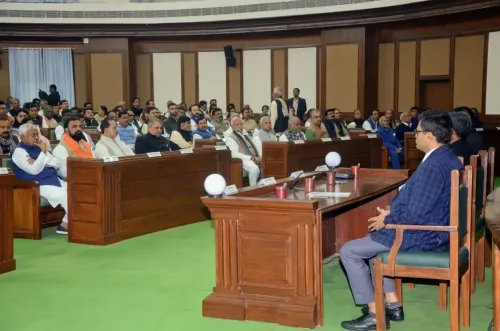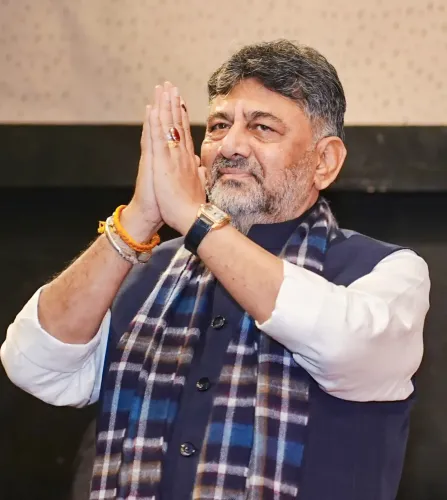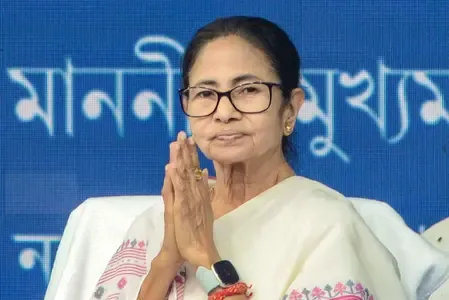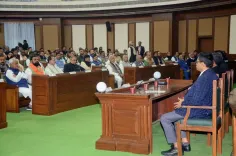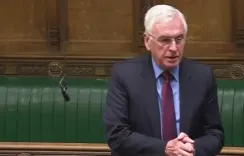What Impact Did the Bihar Bandh Have on the State?
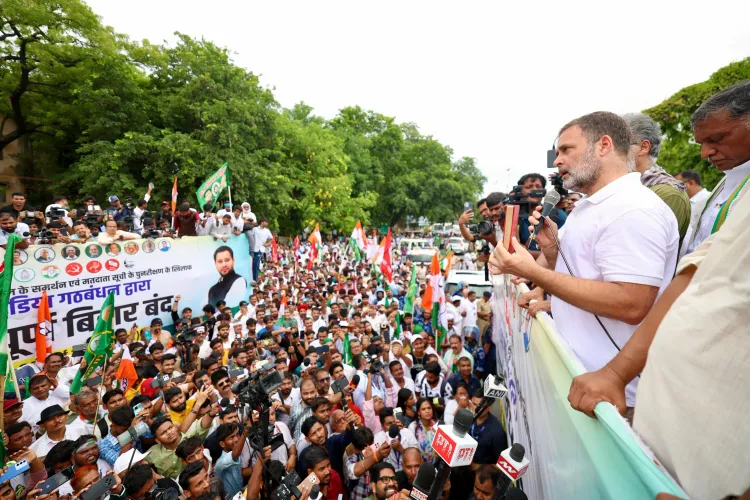
Synopsis
Key Takeaways
- Bihar Bandh significantly disrupted daily life across the state.
- Opposition leaders deem the voter list revision a tactic to disenfranchise marginalized groups.
- Protests included road and rail blockades, affecting essential services.
- The Election Commission claims the revision is a standard procedure.
- Future protests may escalate if opposition demands are unmet.
Patna, July 9 (NationPress) The Bihar Bandh, organized by the INDIA Bloc in opposition to the Special Intensive Revision (SIR) of the voter list by the Election Commission, caused a complete standstill in the state, with the opposition branding the revision as 'Vote Bandi'.
The strike had a significant impact throughout Bihar, with train and road blockades, tyre burnings, and protests severely affecting daily routines in Patna and other regions.
Supporters of Purnea MP Rajesh Ranjan, also known as Pappu Yadav, obstructed railway tracks at the Secretariat Halt station in Patna early this morning.
Prominent leaders from the INDIA Bloc, including Rahul Gandhi, Tejashwi Yadav, Dipankar Bhattacharya, and Mukesh Sahani, participated in demonstrations across the capital.
Despite a strong police presence, numerous road blockades and chanting of slogans were reported throughout the day.
Tejashwi Yadav accused the central government and the Election Commission of colluding to eliminate the names of the poor, backward, and minorities, thereby undermining democracy.
Meanwhile, Rahul Gandhi reiterated, “The BJP manipulated elections in Maharashtra, and now they are doing the same in Bihar through this voter list revision.”
The impact of the Bihar Bandh was felt across various districts.
In Hajipur, Vaishali district, RJD MLA Mukesh Roshan held a protest by playing cricket on the streets, while a buffalo was tied to block roads in Bhagwanpur.
“This revision is a result of pressure from the Centre, aimed at depriving the poor and backward of their voting rights,” Roshan stated.
In Darbhanga, RJD leaders obstructed the Namo Bharat train, labeling the voter revision as a scheme to suppress backward classes.
Protesters also blocked roads and railways at Parsa Halt, impacting passenger transportation.
Tourist spots in Bodh Gaya appeared desolate, with shops near the Mahabodhi Temple closed, compelling devotees to walk long distances.
In Khagaria, Muzaffarpur, and Gaya, protesters set tyres ablaze, blocked NH-31 (Khagaria), NH-19 (Gaya), and various city intersections, causing significant traffic disruptions. Schools announced closures, and ambulances faced route diversions.
Tensions escalated in Biharsharif when a Congress worker slapped a passer-by at Hospital Chowk during the bandh, necessitating police intervention.
Opposition leaders branded the voter list revision as “Vote Bandi,” alleging it was a calculated effort by the Centre and the Election Commission to exclude millions of names ahead of the elections, weakening the representation of marginalized communities.
District administrations deployed extensive security and called for calm, yet substantial disruptions were reported across Bihar, affecting commuters, students, and critical services.
While the Election Commission asserts that the SIR is a standard procedure to update the voter list, opposition leaders have warned that if their concerns remain unaddressed, the protests will escalate.
With the Bihar Assembly elections slated for October-November 2025, the voter list revision has become a critical issue between the government and opposition parties.
The INDIA Bloc views it as a tactical move to sway voter demographics, whereas the state administration regards it as a necessary electoral procedure.


